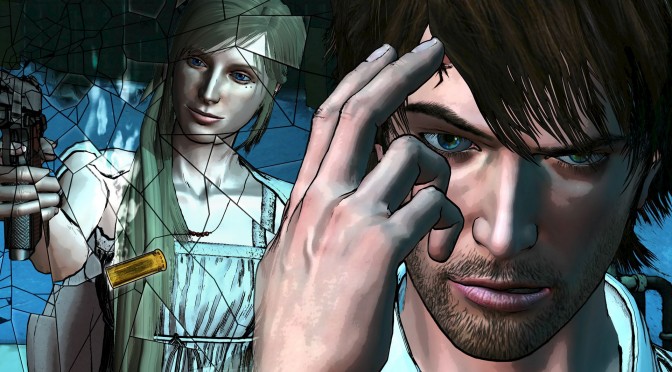According to Famitsu’s recent interview with Shunji Mizutani of Active Gaming Media, D4 Dark Dreams Don’t Die will be coming to the PC on June 5th. And contrary to the abysmal PC version of Deadly Premonition, the PC version of D4 Dark Dreams Don’t Die PC seems – at least from what we’ve heard so far – to be way better.
D4: Dark Dreams Don’t Die PC will feature revised Synchro Stunt (QTE) grading, as well as item parameters and locations. Moreover, all Xbox One DLC will be included in the actual game.
The game’s PC version will also support 60fps, reduced load times, Steam Achievements, Trading Cards, Badges, Emoticons, Profile Backgrounds and Cloud Saving.
In case you missed them, here are the game’s PC requirements:
Minimum Specifications
OS: Windows 7 64-bit edition or Windows 8 64-bit edition
CPU: Intel Core 2 Quad Q9550 @ 2.83GHz or an equivalent AMD CPU
Memory: 6GB RAM
Graphic Card: NVIDIA GeForce GTX 470 or AMD Radeon HD 6870 (VRAM 1GB)
Display: 1280×720
DirectX: DirectX 11
HDD: 10GB of free space
Sound Card: A DirectX 11 compatible card
Other: Keyboard and mouse necessary. Compatible with XInput controllers such as the Xbox 360 controller.Recommended Specifications
OS: Windows 7 64-bit edition or Windows 8 64-bit edition
CPU: Intel Corei7 4770K @ 3.5GHz or an equivalent AMD CPU
Memory: 8GB RAM
Graphic Card: NVIDIA GeForce GTX 670 or AMD Radeon HD 7850 (VRAM 2GB)
Display: 1920×1080
DirectX: DirectX 11
HDD: 20GB of free space
Sound Card: A DirectX 11 compatible card
Other: Keyboard and mouse necessary. Compatible with XInput controllers such as the Xbox 360 controller.

John is the founder and Editor in Chief at DSOGaming. He is a PC gaming fan and highly supports the modding and indie communities. Before creating DSOGaming, John worked on numerous gaming websites. While he is a die-hard PC gamer, his gaming roots can be found on consoles. John loved – and still does – the 16-bit consoles, and considers SNES to be one of the best consoles. Still, the PC platform won him over consoles. That was mainly due to 3DFX and its iconic dedicated 3D accelerator graphics card, Voodoo 2. John has also written a higher degree thesis on the “The Evolution of PC graphics cards.”
Contact: Email

